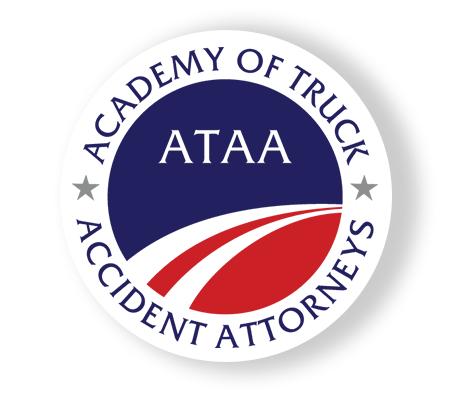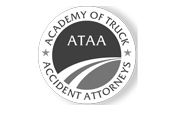Accidents between two cars—say, two trucks, two sedans, or a truck and sedan—don’t usually result in complex investigations to determine the at-fault driver. Sure, insurance adjusters will spend some time speaking to the drivers and evaluating accident reports, but it’s easier to determine fault when there are only two parties to scrutinize. Things can get complicated when a large commercial vehicle, like an 18-wheeler, is involved.
The Trucker’s Duty of Care
Anyone on the road is required to operate motor vehicles in a reasonable way. This constitutes an ordinary duty of care. From there, depending on the facts of a particular civil (or criminal) case, drivers can be found to be negligent or reckless. Importantly, some lawyers have been able to show that commercial truck drivers have a higher duty of care than normal drivers. You might be able to use this in your favor if you’re ever in a crash involving an 18-wheeler.
Rear-End Accidents
To illustrate this point, let’s consider an accident that occurred because one driver rear-ended another vehicle. Finding fault, in this case, isn’t that difficult, is it? One would assume that the driver who rear-ended the other driver wasn’t paying attention to the road and didn’t brake in time. If a non-commercial driver rear ends an 18-wheeler, though, that presumption of fault could be overcome.
In addition to CDL manuals and existing case law that might point to higher duties of care for truck drivers, the issue of underride guards might come into play. These underride guards, which can be outfitted on the front, rear, and sides of an 18-wheeler, can prevent cars from going completely under these large trucks. Federal legislators have introduced bills to require underride guards for trucks over a certain weight. A federal bill has yet to pass, but your truck accident attorney might be able to argue, with success, that the truck you rear-ended should have had underride guards to prevent a catastrophic injury or death to yourself or a loved one.
Making things more complicated for the truck driver, there could be multiple at-fault parties in a trucking accident. The driver’s employer might have scheduled the driver for too many hours, the truck’s cargo might have been improperly loaded, or the driver might have been behaving recklessly.
Conclusion
Truck drivers have difficult jobs. The hours can be long, and sitting behind the wheel of a big rig can be physically demanding. Still, operating such a huge piece of machinery comes with great responsibility and, thus, a higher duty of care. If you think you were the at-fault driver in an accident involving an 18-wheeler, you might want to think again and hire a personal injury attorney to investigate the matter. Texans, we’re here for you. Call at (210) 686-HURT to set up a time to talk.

















